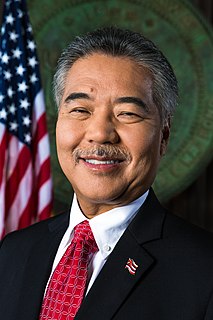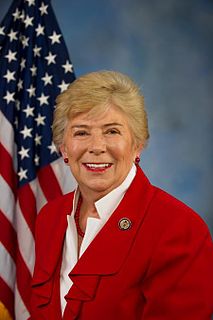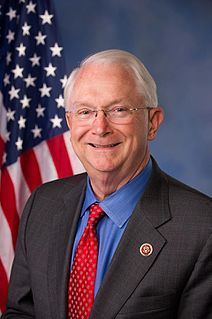A Quote by Michelle Alexander
Public housing projects as well as private landlords are free to deny housing to people with criminal records. In fact, you don't even have to be convicted. You can be denied housing - or your family evicted - just based on an arrest.
Related Quotes
I can remember the time when, if we wanted a house or housing, we relied on private enterprise. In fact, Americans built more square feet of housing per person than any other country on the face of the earth. Despite that remarkable accomplishment, more and more people are coming to believe that the only way we can have adequate housing is to use government to take the earnings from some and give these earnings, in the form of housing, to others.
The Boston's government approves housing projects every month and we're constantly approving opportunities to build more housing. And Boston is one of the hottest cities in America where people want to live. And it's important that we continue to build this housing and to keep up with the demand that we have in the communities.
While it's absolutely important that we build housing for our low-income residents, when we are talking about opening up hundreds of sites for housing, we should be trying to build affordable housing for all of our residents struggling to pay rent. That means housing for teachers, for nurses, for janitors.
Housing has always been a key to Great Resets. During the Great Depression and New Deal, the federal government created a new system of housing finance to usher in the era of suburbanization. We need an even more radical shift in housing today. Housing has consumed too much of our economic resources and distorted the economy. It has trapped people who are underwater on their mortgages or can't sell their homes. And in doing so has left the labor market unable to flexibly adjust to new economic realities.
































